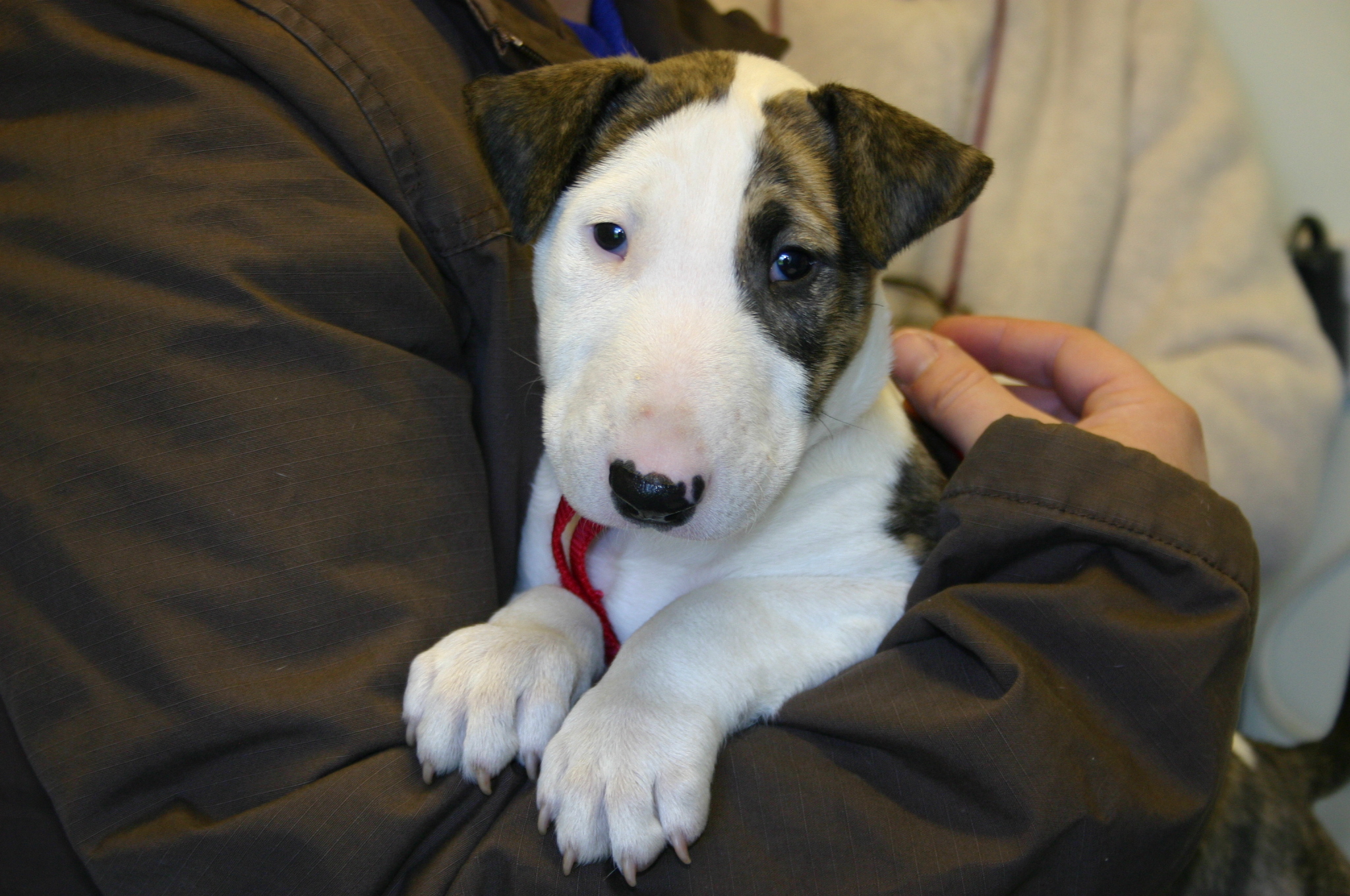Brucella canis: what vets need to know
14 Feb 2024
05 May 2023 | Paula Boyden
Ahead of the BVA Live debate ‘What if UK dog imports were banned?‘ next week, Dogs Trust veterinary director Paula Boyden analyses the impact of pet importation rules over the last decade and poses questions around its future direction.

1 January 2012 brought significant changes to pet importation into the UK. That was the date the UK harmonised its pet travel rules to be in line with the EU. Until then, the legal minimum age of entry of a dog or cat from the EU was 10 months, but this was reduced to 15 weeks. The preparation time required to move pets from the EU to the UK also reduced, from seven months to three weeks. Other key changes included the removal of requirements for rabies titre testing and mandatory tick treatment, and an extension of the window for tapeworm treatment from 24-48 hours to 24-120 hours prior to travel.
The result was a significant increase in the numbers of dogs and cats entering the UK. This was the start of the practice of new ‘trade’ in the importation of puppies for sale and adult dogs for rescue and rehoming.
Dogs Trust has been running its Puppy Pilot scheme since 2015, underwriting the quarantine costs of illegally imported puppies to allow them to be seized, and, if subsequently abandoned by the importers, to guarantee their future. Illegally imported puppies are generally younger than the 15 week legal minimum (the youngest we have seen were just 4 weeks old), not properly vaccinated against rabies, bred in poor welfare conditions and forced to endure horrific journeys well in excess of 20 hours. Unsurprisingly not all puppies survive, with the focus of the importers purely on profit.
Importation of adult dogs for rescue and rehoming is also booming. Adult dogs bring their own challenges- for example, if they were truly free-roaming dogs when rescued, they will not be used to being confined in a home environment and therefore may exhibit unwanted behaviours. Furthermore, concern regarding importation of non-endemic disease is real, the so-called Trojan dog issue. The greatest disease concerns are those with zoonotic potential. Although the sandfly vector of leishmania is not currently present in the UK, there have been several documented cases in dogs in the UK where the recipient dog has never travelled but has lived or been in contact with a travelled dog. Has the pathogen adapted to a different vector?
The other zoonosis of real concern is Brucella canis, the key risk being fluids associated with reproduction, particularly those around whelping. While there is much we do not know about this disease, we do know that infected dogs are considered positive for life as antibiotics do not clear infection. Treatment also raises concerns regarding antimicrobial resistance. There has already been a documented case of Brucella canis in a lady who contracted the disease from fostering an imported, pregnant rescue dog for an importer. This resulted in her being hospitalised and having her own dogs euthanised. At Dogs Trust, we have had 11 positive cases from 550 dogs tested since mid-2021.
We know importers are adept at changing their tactics, for example, by rapidly moving from using non-commercial to commercial routes during the pandemic, and the worrying increasing trend of importation of heavily pregnant dogs to whelp and for the pups to be sold as ‘UK-bred’. If pups born to a Brucella-positive mum survive, they are high risk for also being Brucella positive, yet will be sold as UK-bred with no history of where mum has come from.
Currently, there are no visual checks of imported pets, penalties are paltry so there’s no real deterrent, and illegal importers can pay for quarantine, reclaim pups and still sell them for a profit.
The Kept Animals Bill, if passed, proposes to increase the minimum age of entry to six months, reduce the permitted point of entry of a pregnant mum and ban the importation of dogs with mutilations, such as cropped ears. However, is it enough? What else can or should we do to minimise illegal dog imports and the rise in disease risks- reintroduce the rabies titre test and mandatory tick treatment? Shorten the tapeworm treatment window and introduce mandatory pre-import testing? Introduce a different approach to handling Brucella-positive dogs? Should we continue to allow commercial importation of puppies for sale or adult dogs for rescue and rehoming?
These are just some of the questions that will be discussed in the BVA Interactive Zone session ‘What if UK dog imports were banned?’ at BVA Live in Birmingham next week. Join us at the BVA Interactive Zone from 12-12.45pm on 12 May.
Get tailored news in your inbox and online, plus access to our journals, resources and support services, join the BVA.
Join Us Today